Easy Garden Winners: 8 Of The Best Low-Maintenance Plants For Your Garden
The easiest plants to grow are often some of the most stunning in color, texture and fragrance. Here are some of the best low-maintenance plants for beds and borders
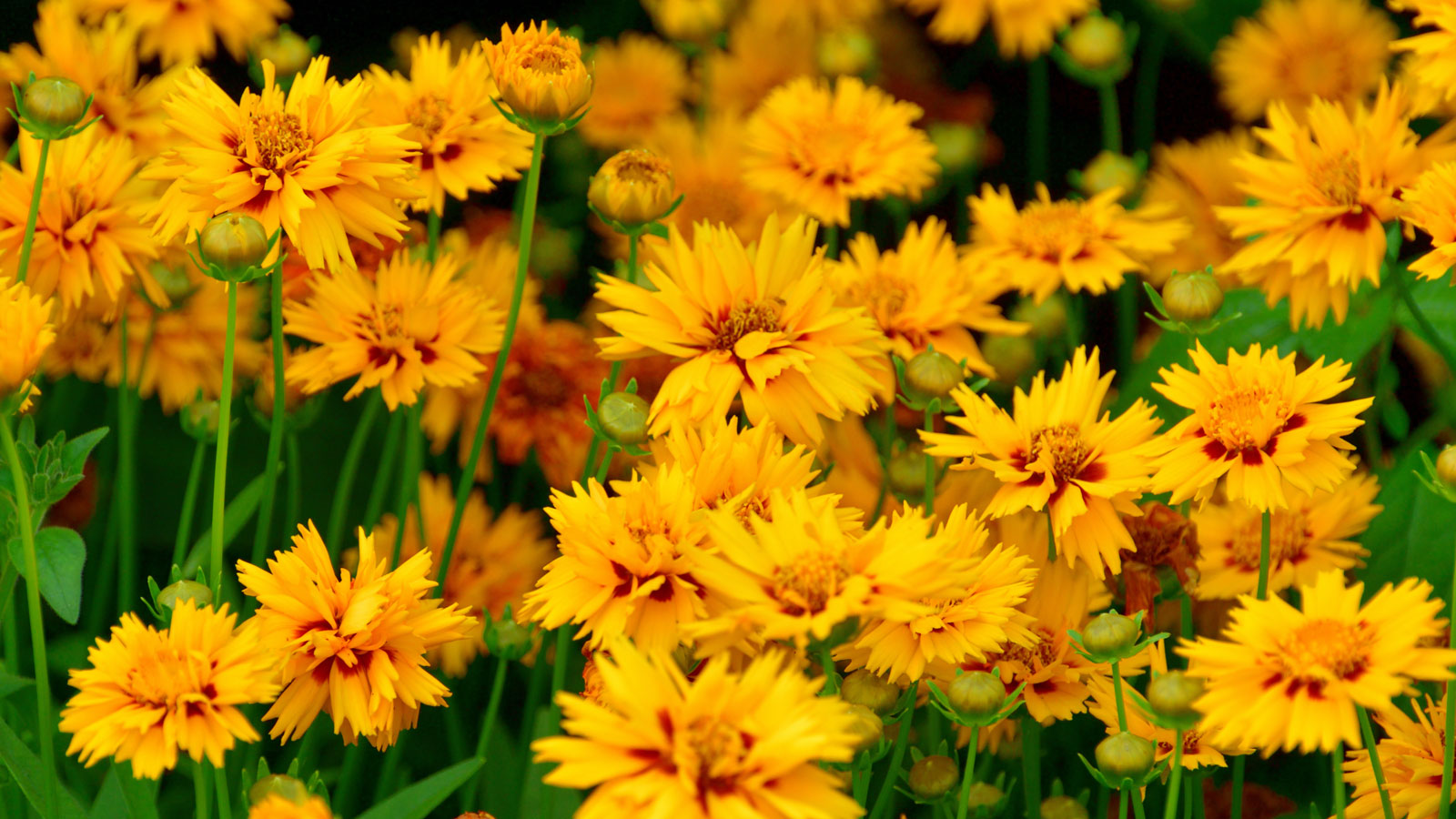

Creating a nice garden often seems like an overwhelming task because of the time and effort it takes. While gardening can be time-consuming, it doesn’t have to be – and the thoughtful selection of some well appointed low-maintenance plants can make your plot perfect in very short order.
It’s wonderful to get all the benefits of an easy backyard oasis with less effort, whether you’re looking to fill a large space or make more of a compact one. Choosing low-maintenance green plants, flowers and perennials can still provide multi-season interest in a variety of conditions. Here are eight plants that are low maintenance, lovely and reliable, guaranteeing gardening that is so much easier.
Choosing the Best Low-Maintenance Plants
Perennials are ideal for growing low-maintenance plants outdoors. Picking hard-to-kill perennials means you are guaranteed plants that come back every year, plus they’re also cost effective. When choosing perennials, consider the conditions they need, like sunlight, average temperatures and soil type. Also think about colors, flowers and foliage types, and getting a good mix of visual interest throughout the seasons.
A mix of flowering low-maintenance perennials, shrubs, groundcovers and foliage plants will provide a beautiful garden with minimum effort required. Some of the best low-maintenance plants outdoors for year-round interest include yucca, ornamental grasses, agaves and evergreen shrubs like holly. Choosing low-maintenance shrubs and perennials is also ideal for older adults with limited mobility. Here are some ideas to get you started with your low-maintenance plantings.
1. Oakleaf Hydrangea
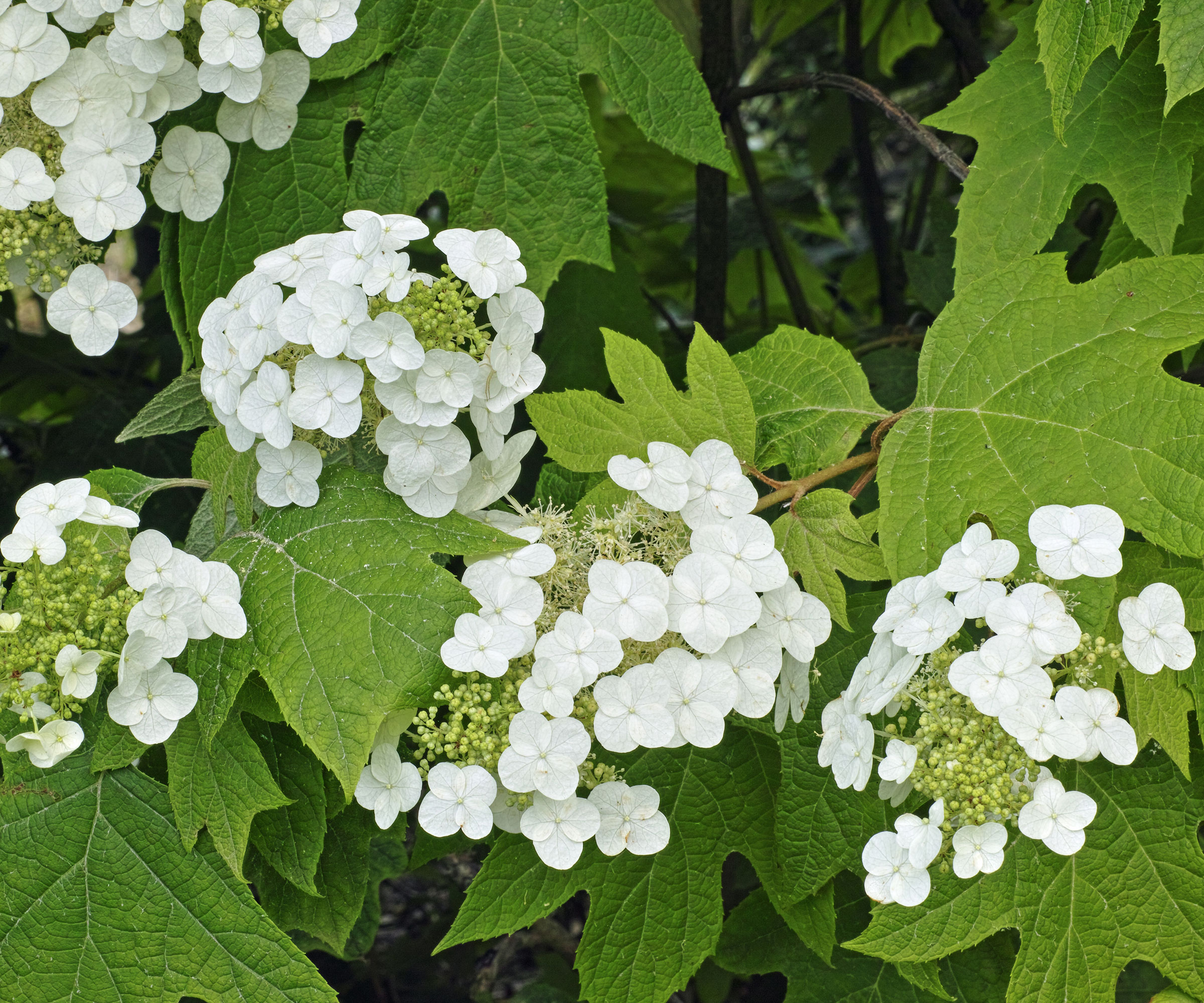
This type of hydrangea (Hydrangea quercifolia) is a flowering shrub and a North American native. As a native, it’s well adapted to conditions here, so it’s relatively easy to care for oakleaf hydrangeas and they are easy to grow. Oakleaf hydrangea plants are hardy in USDA zones 5-9. They also tolerate some shade and don’t need fertilizer or heavy pruning.
2. Lavender
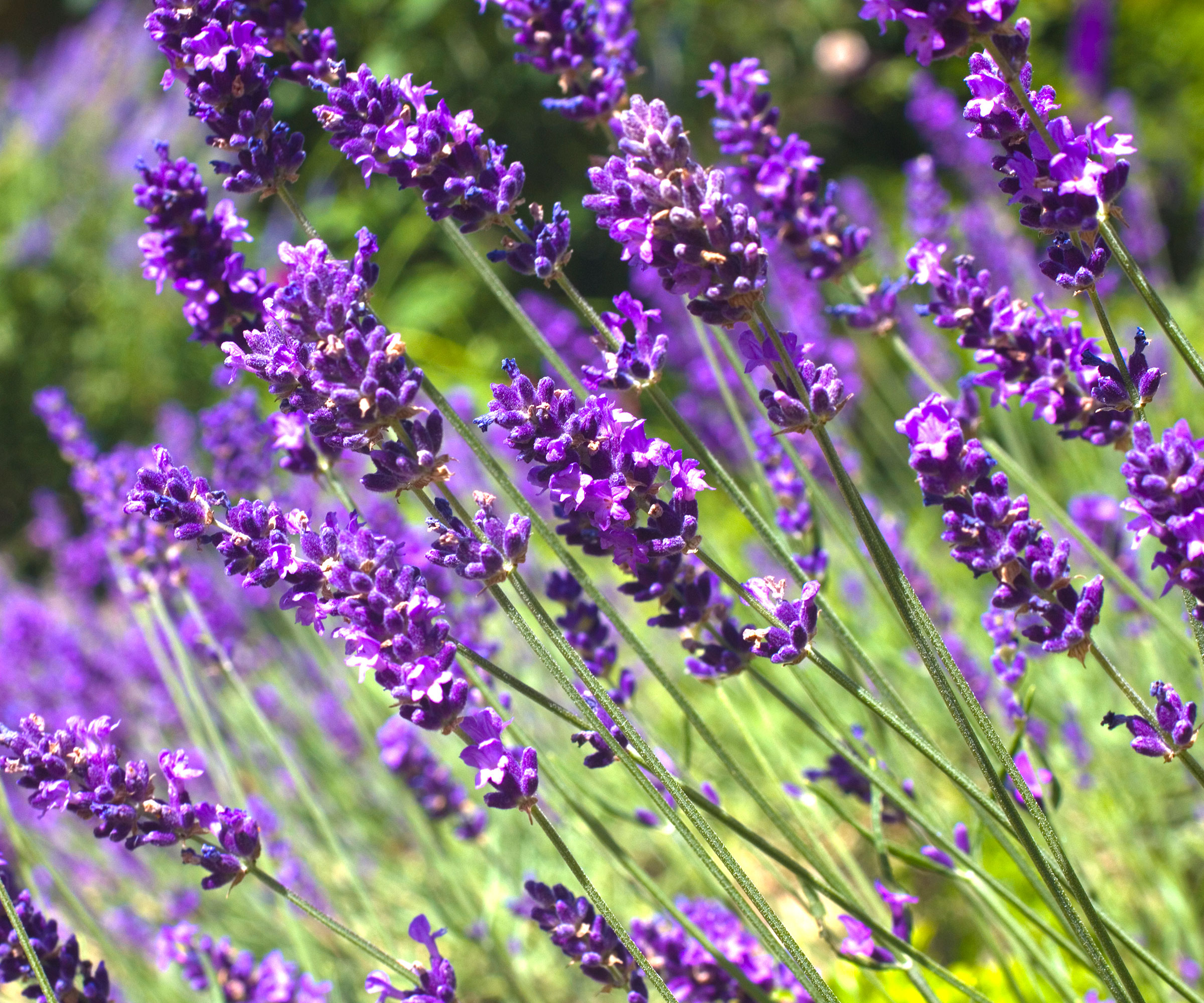
From English to French to Spanish lavender, every type of this fragrant herb (Lavendula spp.) is easy to grow. Ideal for the warmer zones of USDA 8 through 11, lavender needs full sun and soil that drains well. It’s best to water it as it establishes roots, but after that it will rarely need any watering. Which types of lavender you choose, they also don’t need fertilizer or pruning.
3. Hostas
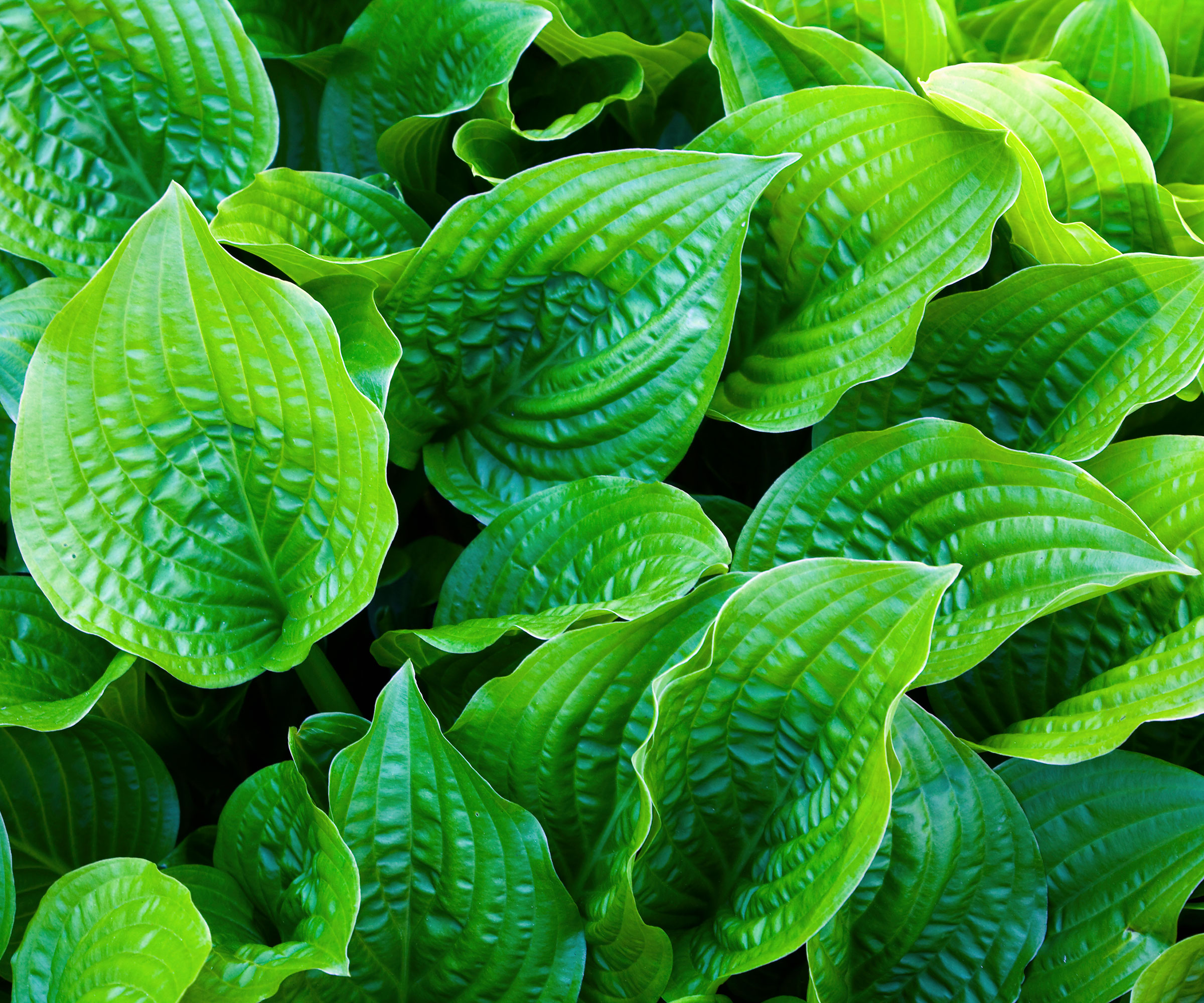
Hostas (Hosta spp.) are the ultimate low-maintenance perennials for shady areas of the garden. You can grow hostas in zones 3 through 8 as reliable perennials that come back year after year. They come in a variety of sizes, from groundcovers to large specimens, and don’t need much care once established. There are many shades on the spectrum to consider, from deep bluish-green to bright chartreuse.
4. Sedum
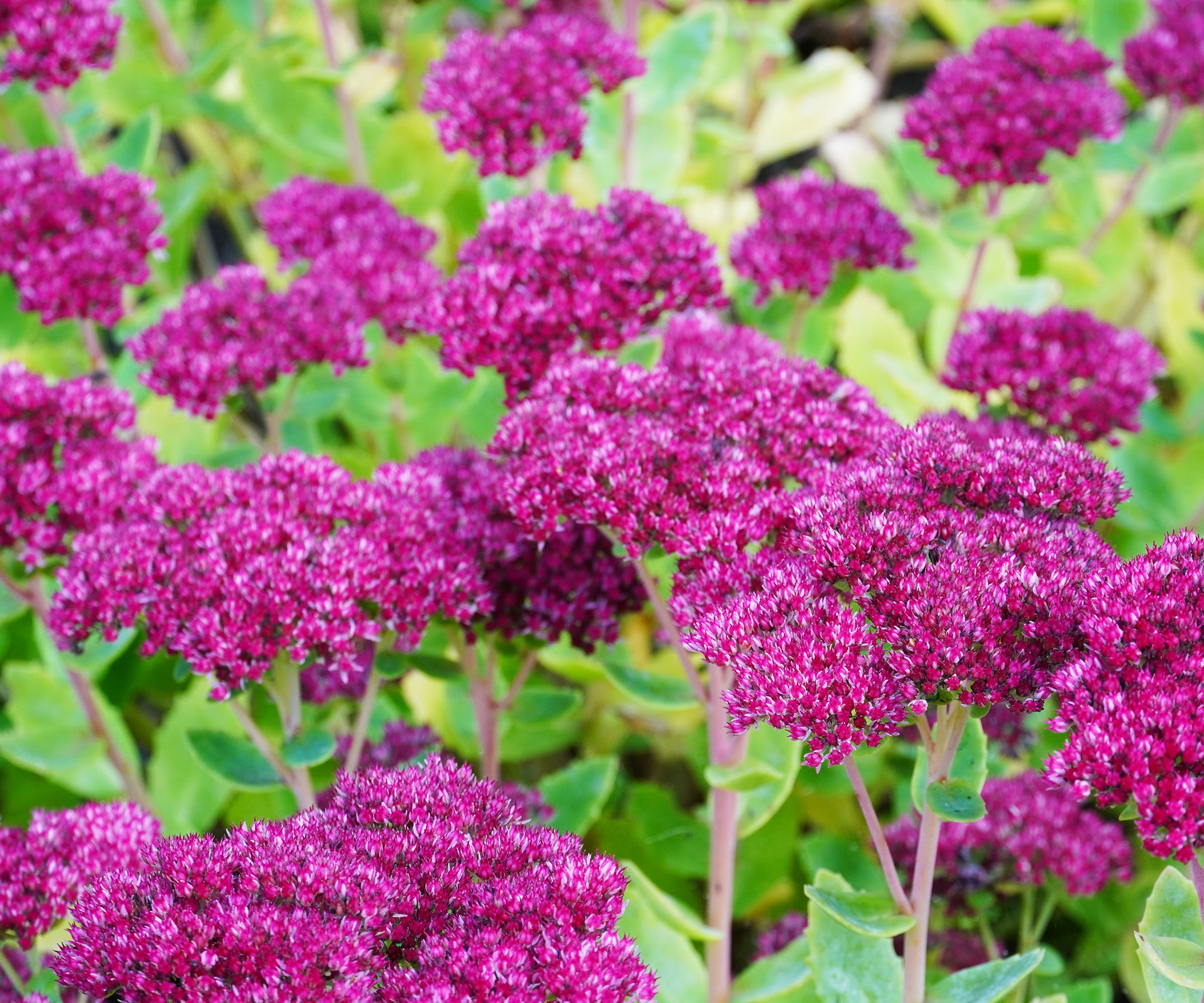
Also known as stonecrop (Sedum spp.), sedum species are versatile and appropriate for USDA zones 3-9. Along with winter hardiness, sedum tolerates drought and high heat in summer. While there are many types of sedum, most are slightly fleshy succulents with large clusters of tiny flowers. Some are groundcovers, while others grow a couple feet tall.
Gardening tips, videos, info and more delivered right to your inbox!
Sign up for the Gardening Know How newsletter today and receive a free copy of our e-book "How to Grow Delicious Tomatoes".
5. Coreopsis
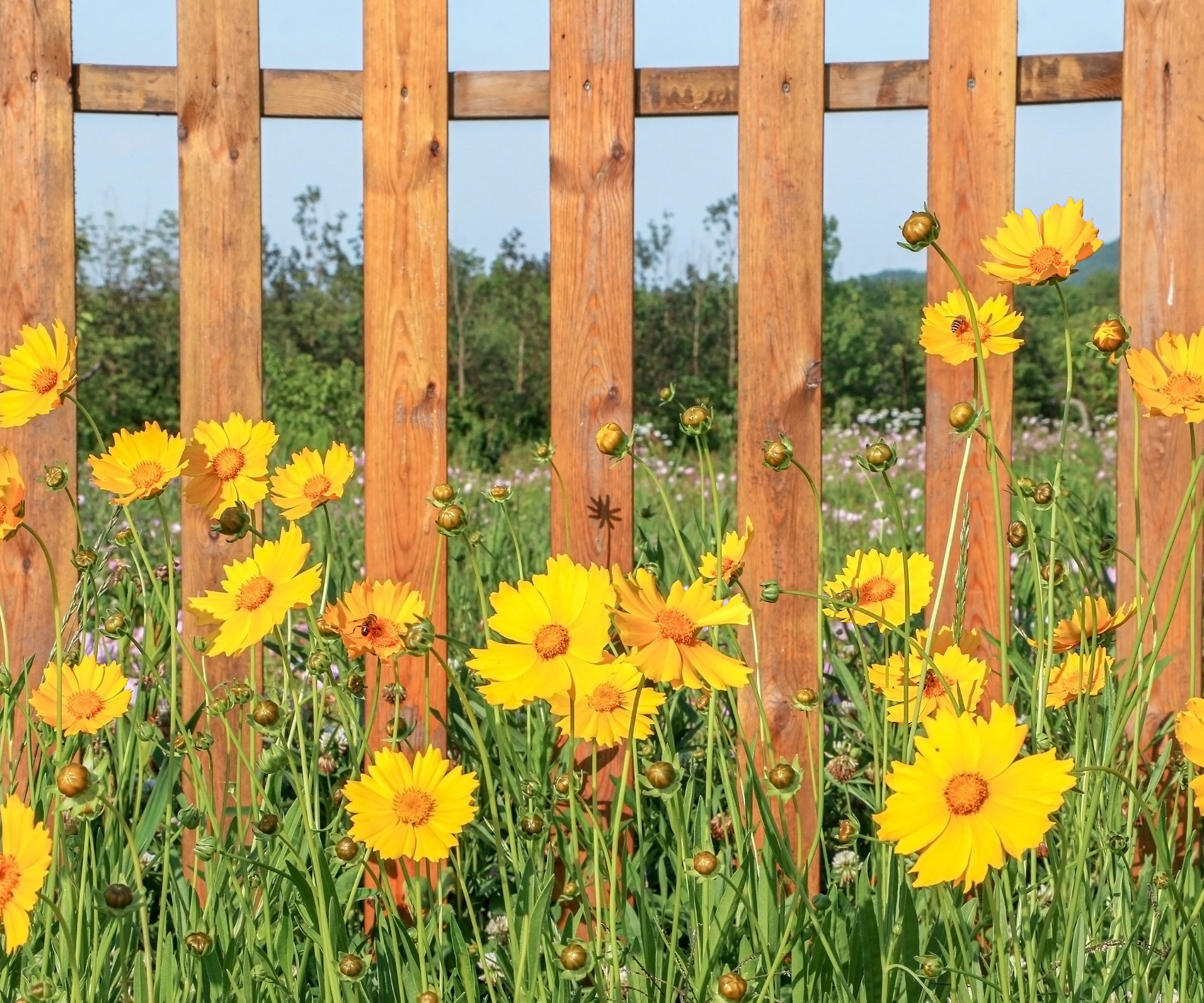
Also known as star or downy tickseed (Coreopsis pubescens), this pretty perennial produces showy yellow flowers in summer. It’s easy to grow coreopsis even in poor, rocky or sandy soils. It tolerates heat and both drought and humidity. Growing in compact mounds, you can extend flowering by deadheading, but it isn’t necessary. Enjoy coreopsis in USDA zones 5- 9.
6. Bleeding Heart
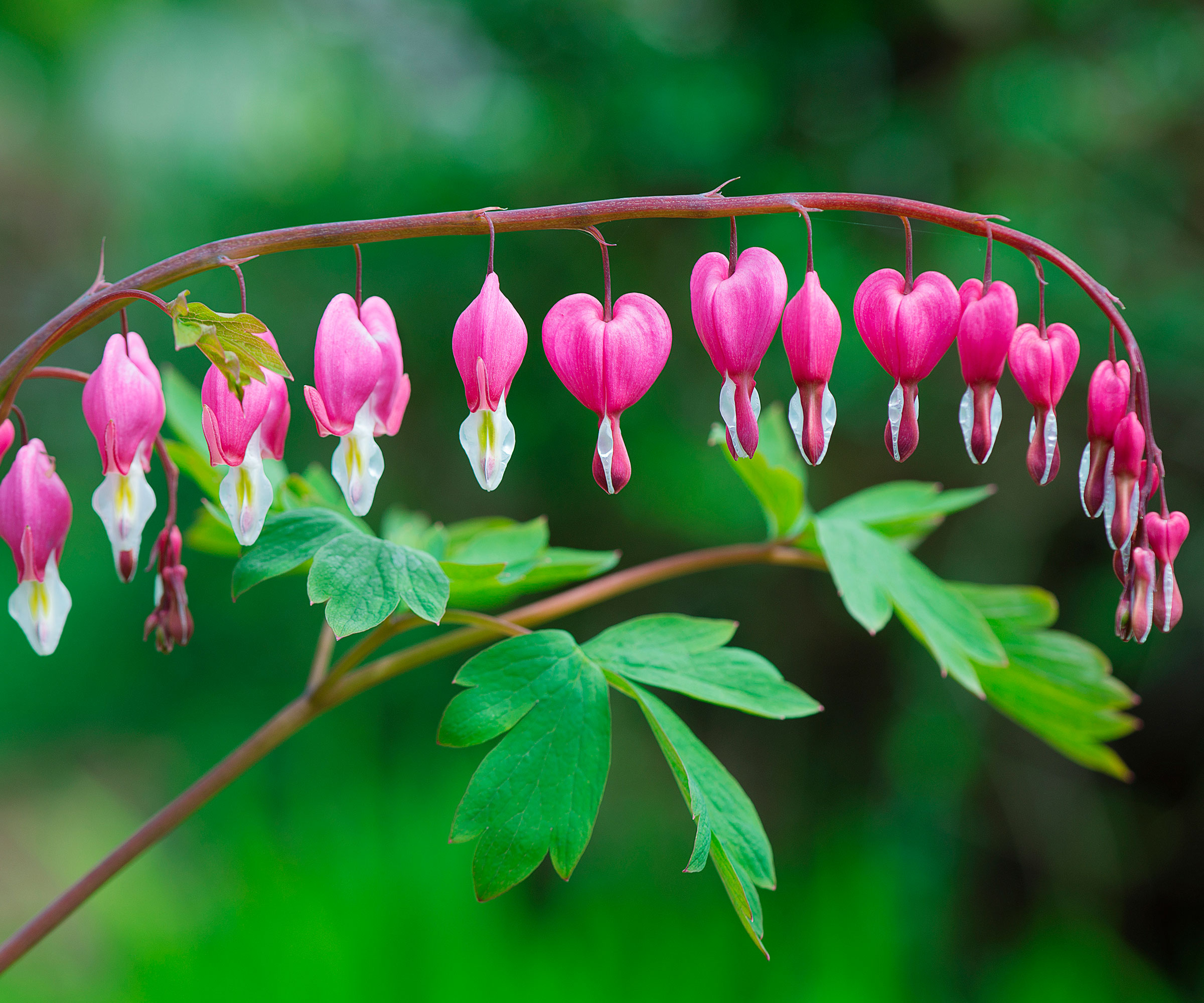
Bleeding heart (Dicentra spectabilis) is an easy perennial that grows like a small shrub and is appropriate for USDA zones 2 through 8. This is a great choice if you have deer, as they won’t eat it. It’s also good for shady areas of the garden. Bleeding heart is named for its pretty hanging, heart-shaped flowers. Although these plants do need moist soil, bleeding heart care is otherwise very straightforward and minimal.
7. Hens and Chicks
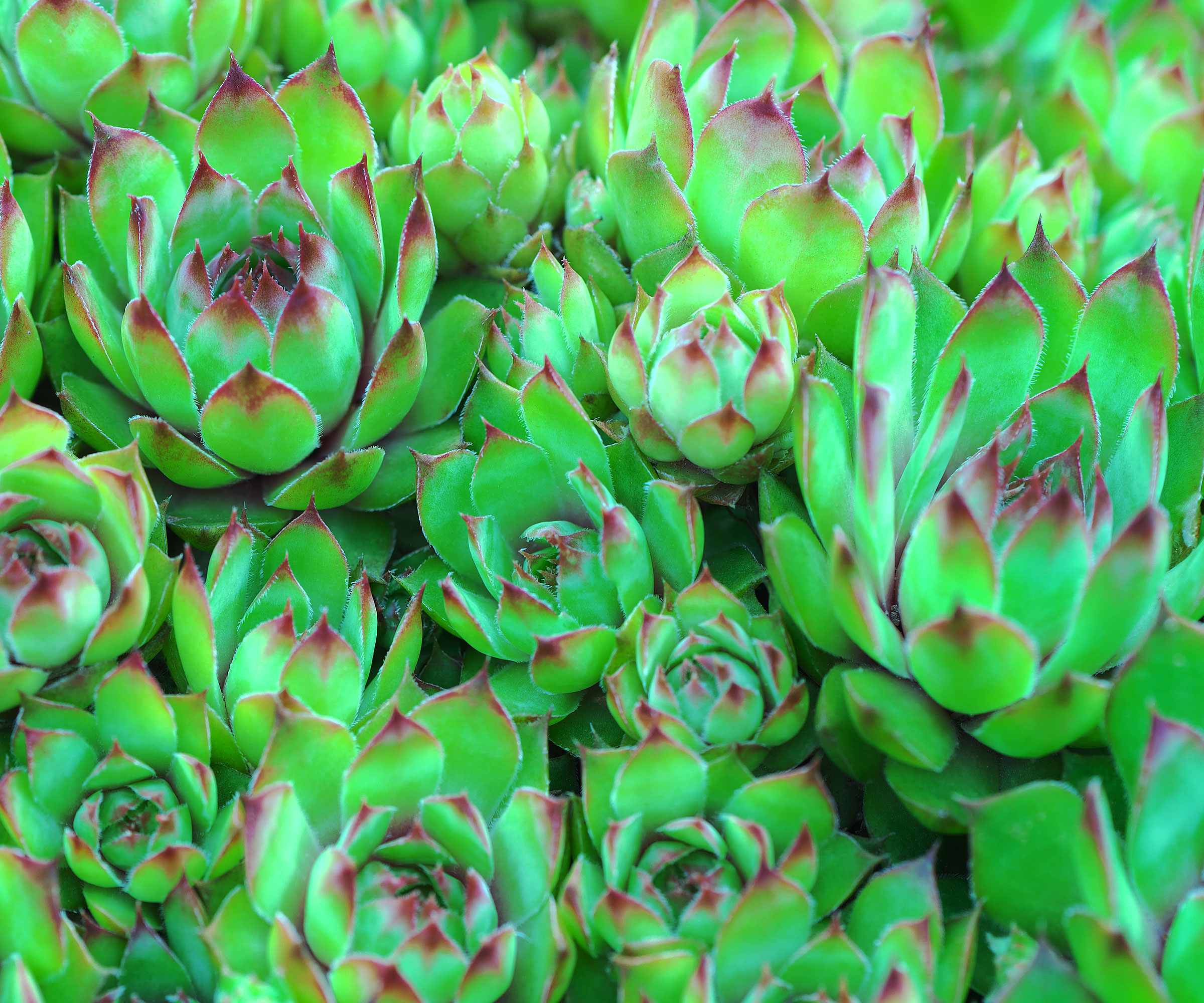
This is a fun succulent to grow and it is also very easy to cultivate. Use hens and chicks (Sempervivum tectorum) in areas with rocky soil, where it thrives. It makes a striking ground cover or addition to a rock garden. You can even grow hens and chicks in crevices between rocks. You won’t need to water your hens and chicks much, and they will easily spread and readily fill in empty spaces.
8. Ornamental Grasses
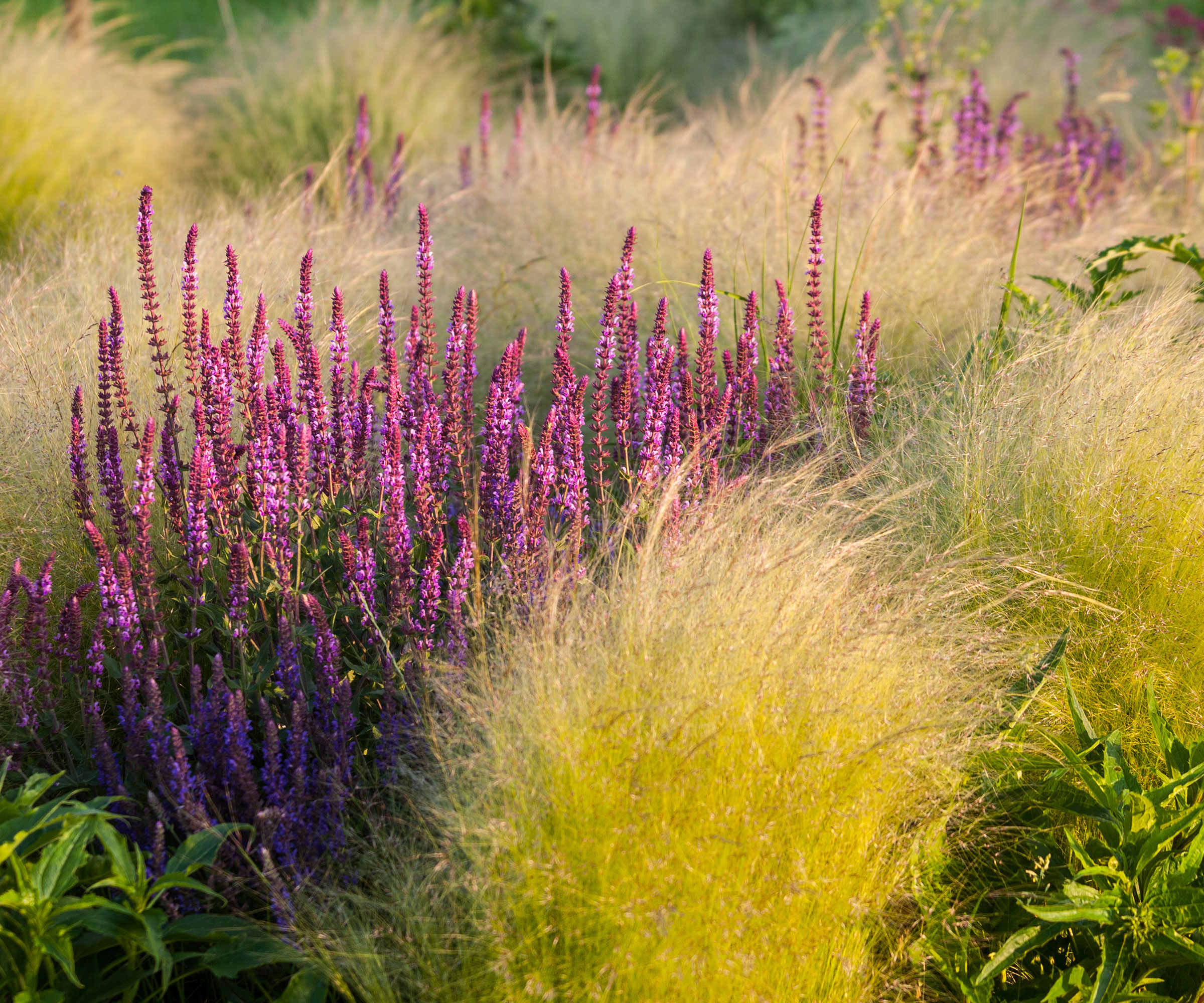
There are many options for creating sensational borders with ornamental grasses, most of which are very low maintenance. For the easiest to grow, choose a type of grass native to your area and appropriate for your hardiness zone. If you choose the right grass, it will provide year-round visual interest without much effort. Stipa and muhlenbergia are a couple of examples guaranteed to add easy focal dynamics.
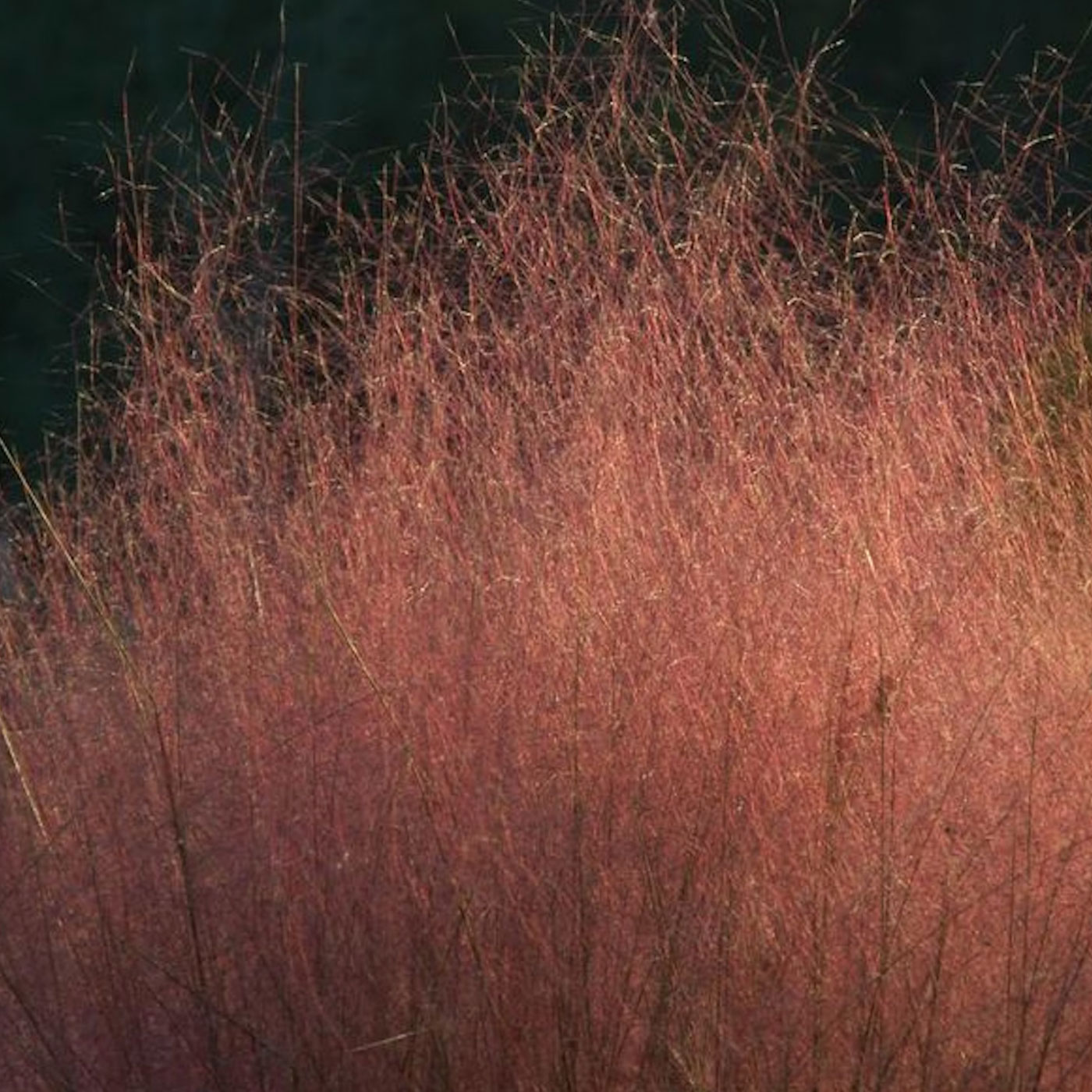
Beloved of birds, this dramatic ornamental grass from Green Promise Farms has compact blue foliage that bursts forth with shimmering clouds of pink flowers in late summer that hold their own well into the fall.
This article features products available from third party vendors on the Gardening Know How Shop.

Mary Ellen Ellis has been gardening for over 20 years. With degrees in Chemistry and Biology, Mary Ellen's specialties are flowers, native plants, and herbs.
-
 Looking For Plants To Give You The Soft And Fuzzies? Try These 5 Fuzzy Leaf Plant Options
Looking For Plants To Give You The Soft And Fuzzies? Try These 5 Fuzzy Leaf Plant OptionsLovers of texture, drama, silver foliage and tactile plants will adore these special sensory garden additions. These fuzzy leaf plant options will leave you all aglow
By Susan Albert
-
 Get Ready For A Summer Of Hummers! Grow These Full Sun Hummingbird Plants and Flowers
Get Ready For A Summer Of Hummers! Grow These Full Sun Hummingbird Plants and FlowersIf you’re lucky enough to enjoy a sunny backyard, make sure you are maxing out on your pollinator opportunities and grow these full sun hummingbird plants and flowers
By Tonya Barnett
-
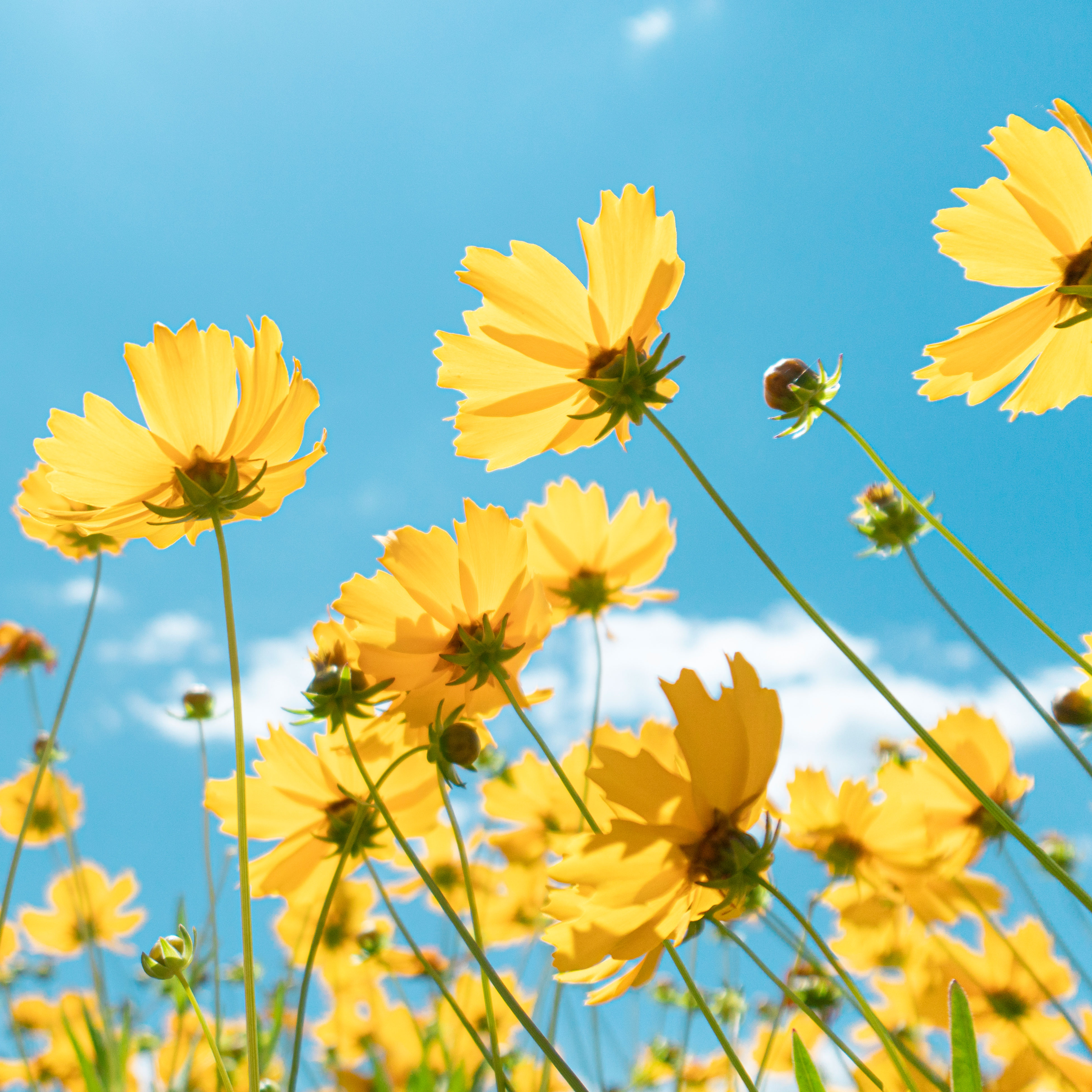 Growing For Gold: 9 Unique Yellow Flowers To Grow For Sunshine Garden Color
Growing For Gold: 9 Unique Yellow Flowers To Grow For Sunshine Garden ColorFrom vivid sunny lemons to rich butterscotch tones, yellow is a color that deserves a spot in every garden. These nine unique yellow flowers will fill your plot with cheer
By Tonya Barnett
-
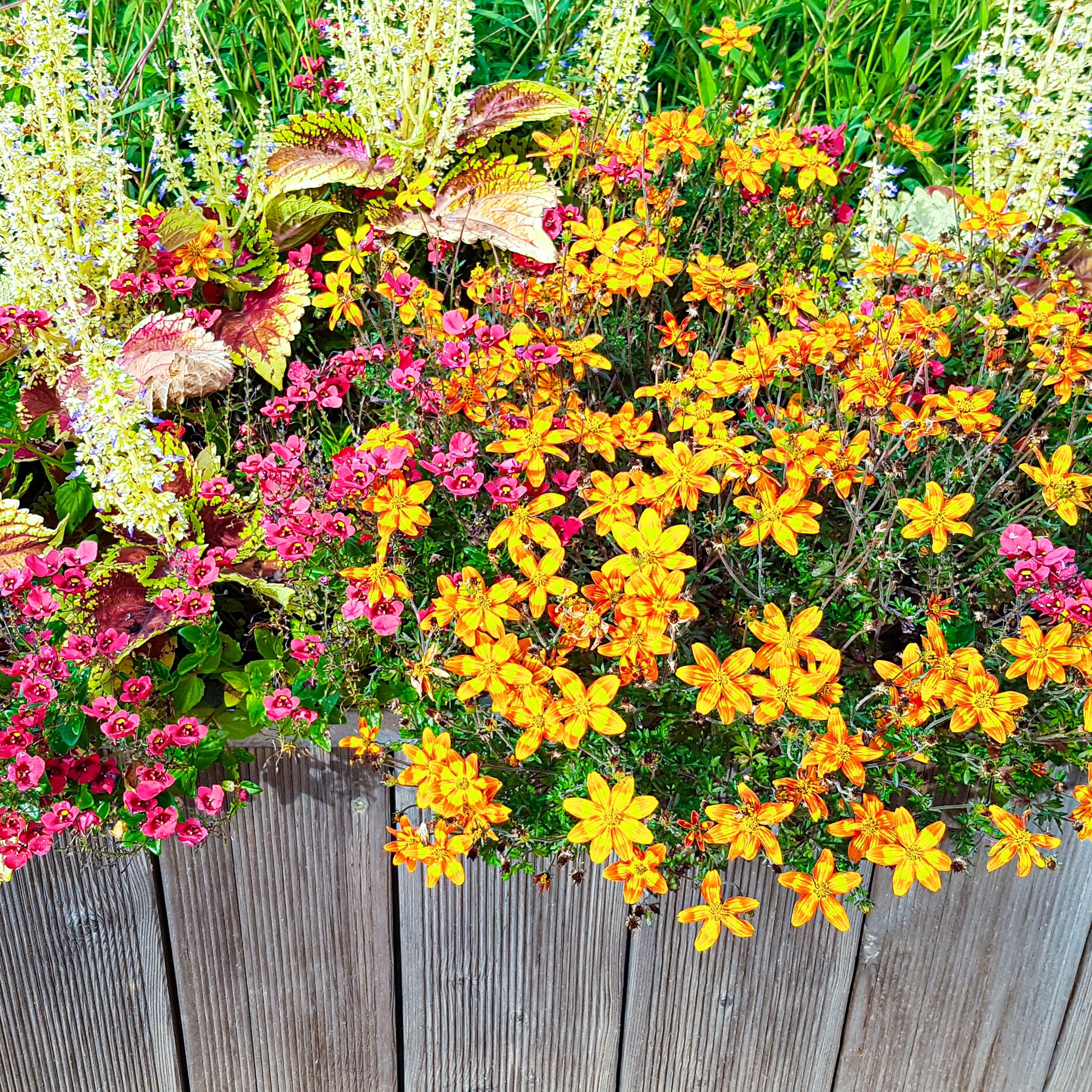 Ultimate Raised Beds For Small Gardens: Try These 5 Raised Options For Compact Corners
Ultimate Raised Beds For Small Gardens: Try These 5 Raised Options For Compact CornersThe perfect raised beds for small gardens squeeze every bit of useful space out of the most productive corners. Here are some practical space-saving ideas you can try
By Mary Ellen Ellis
-
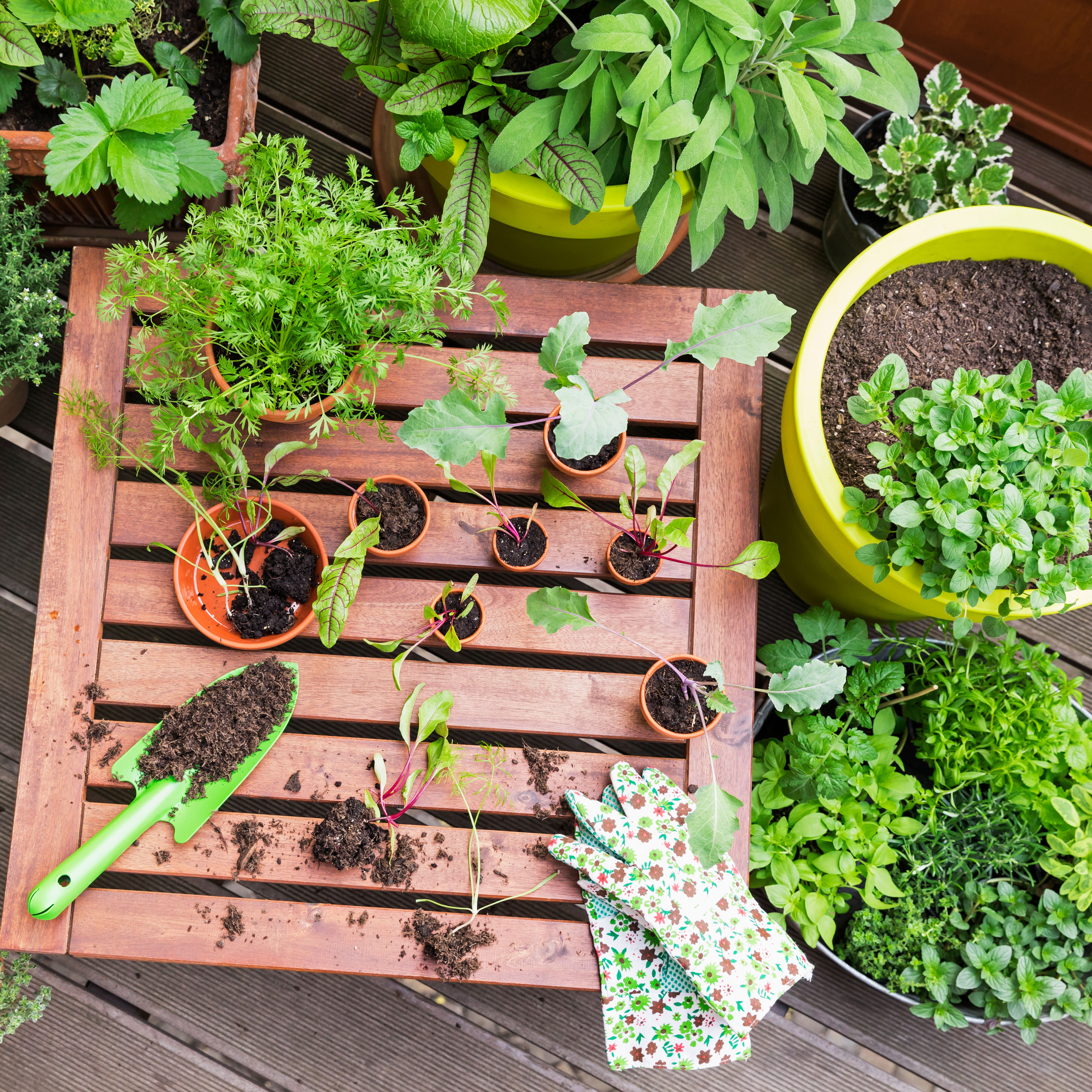 Get Started For Spring: 8 Plants To Plant In Winter For A Head Start On Your Spring Garden
Get Started For Spring: 8 Plants To Plant In Winter For A Head Start On Your Spring GardenSpring may seem the natural choice for kickstarting projects, but there are plenty of satisfying ideas you can prep ahead of time with these plants to plant in winter
By Amy Grant
-
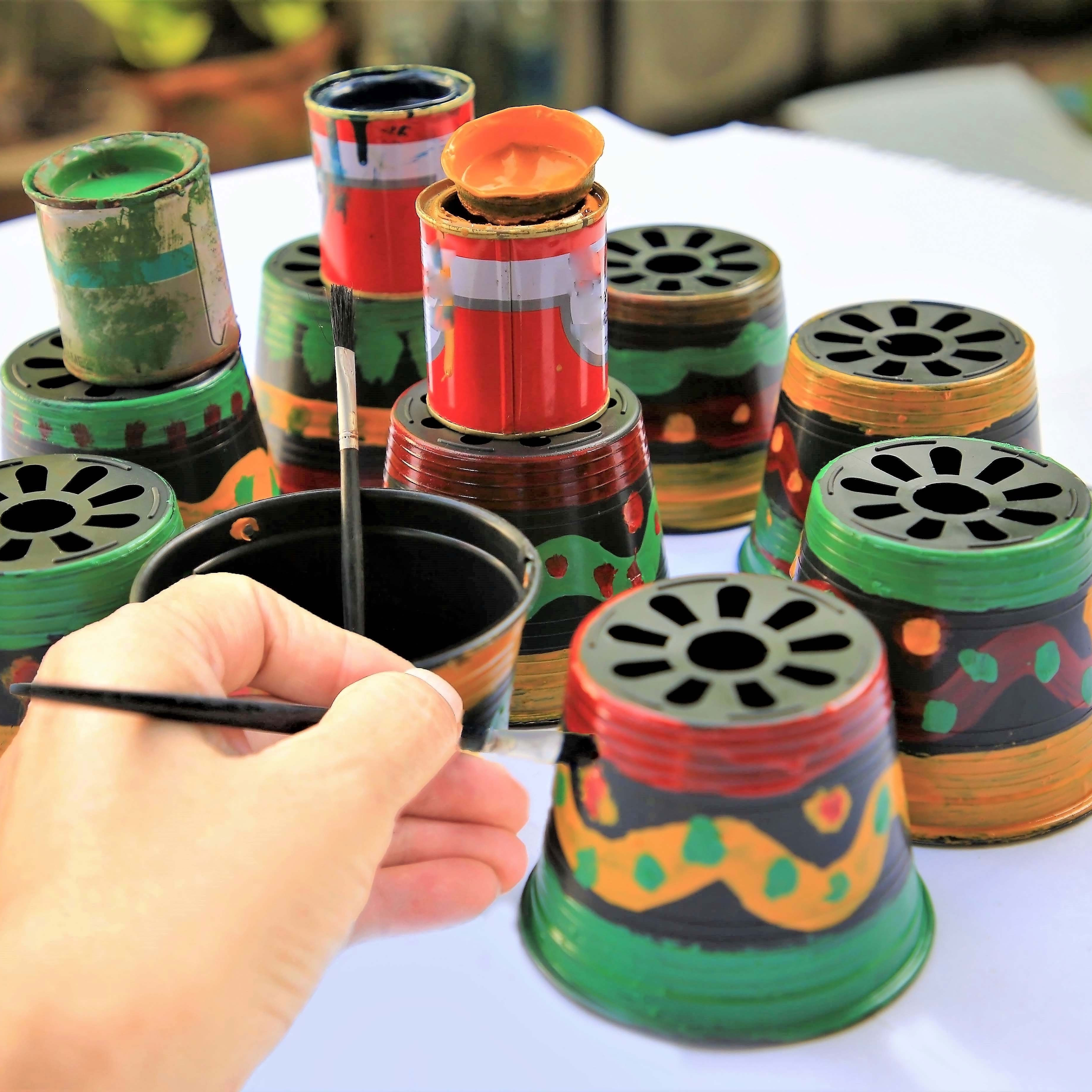 Don’t Know What To Do With Old Plant Pots? 5 Ways To Give Old Pots A New Lease Of Life
Don’t Know What To Do With Old Plant Pots? 5 Ways To Give Old Pots A New Lease Of LifeMountains of empty pots clogging up your shed or greenhouse? These nifty creative and sustainable ideas on what to do with old plant pots can help you give yours fresh purpose in the garden…
By Mary Ellen Ellis
-
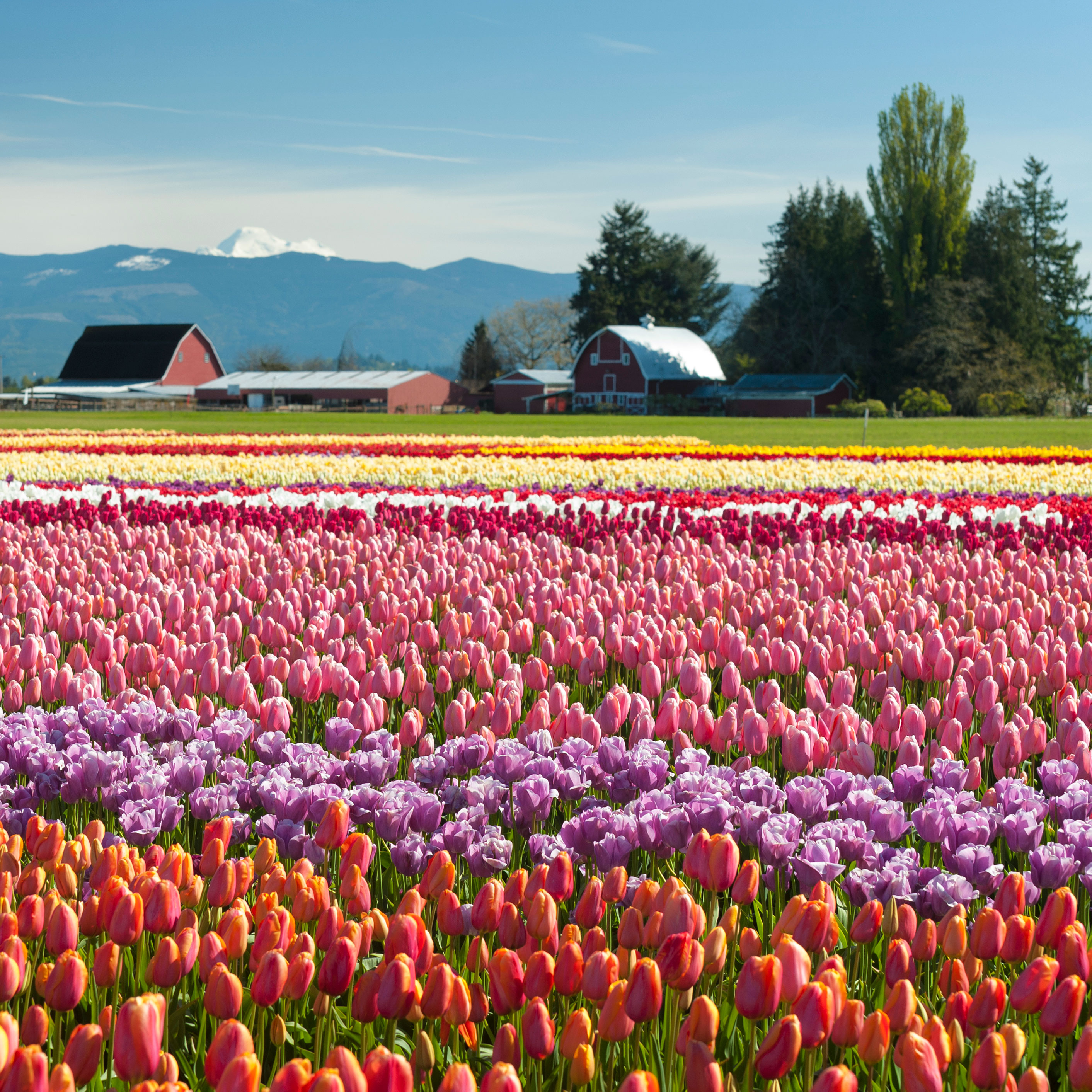 10 Fabulous Flower Festivals To Visit – Enjoy The Ultimate Inspiration For Your Garden
10 Fabulous Flower Festivals To Visit – Enjoy The Ultimate Inspiration For Your GardenStuck for garden inspiration and looking for more ideas on making your backyard notions a reality? Here are 10 flower festivals to help you unlock your growing potential
By Bonnie L. Grant
-
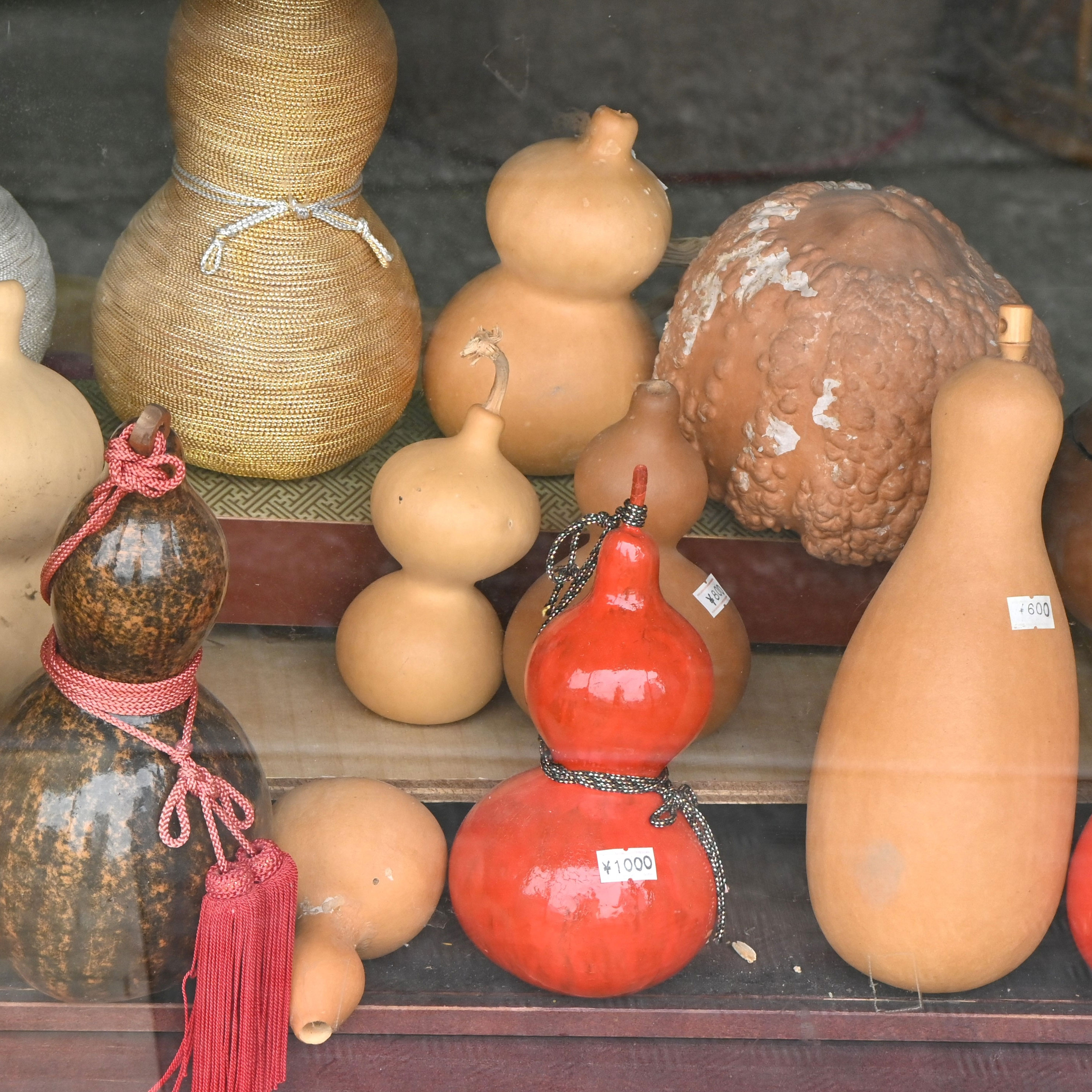 Grow A Music Garden: Hit The High Notes By Making Musical Instruments From Nature
Grow A Music Garden: Hit The High Notes By Making Musical Instruments From NatureMusic lovers and gardening lovers can find a natural groove using items growing and resting around them. Find out how easy it is making musical instruments from nature
By Teo Spengler
-
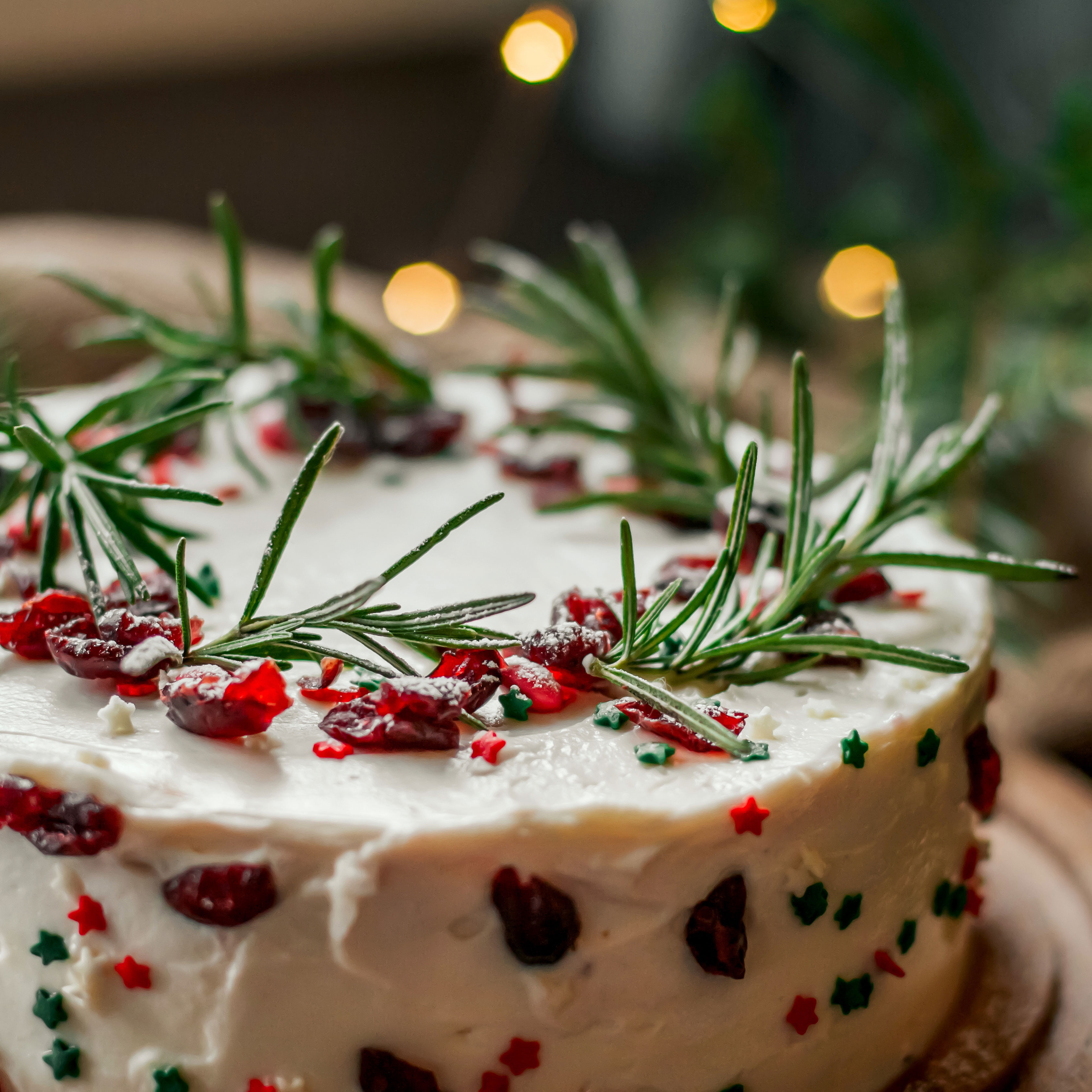 Rosemary Decor Ideas: Try These 5 Creative And Tasteful Ways To Decorate With Rosemary
Rosemary Decor Ideas: Try These 5 Creative And Tasteful Ways To Decorate With RosemaryHave you only ever used rosemary as a garnish with the festive turkey? These rosemary decor ideas will fill your home and gifting horizons with fragrant new possibilities
By Mary Ellen Ellis
-
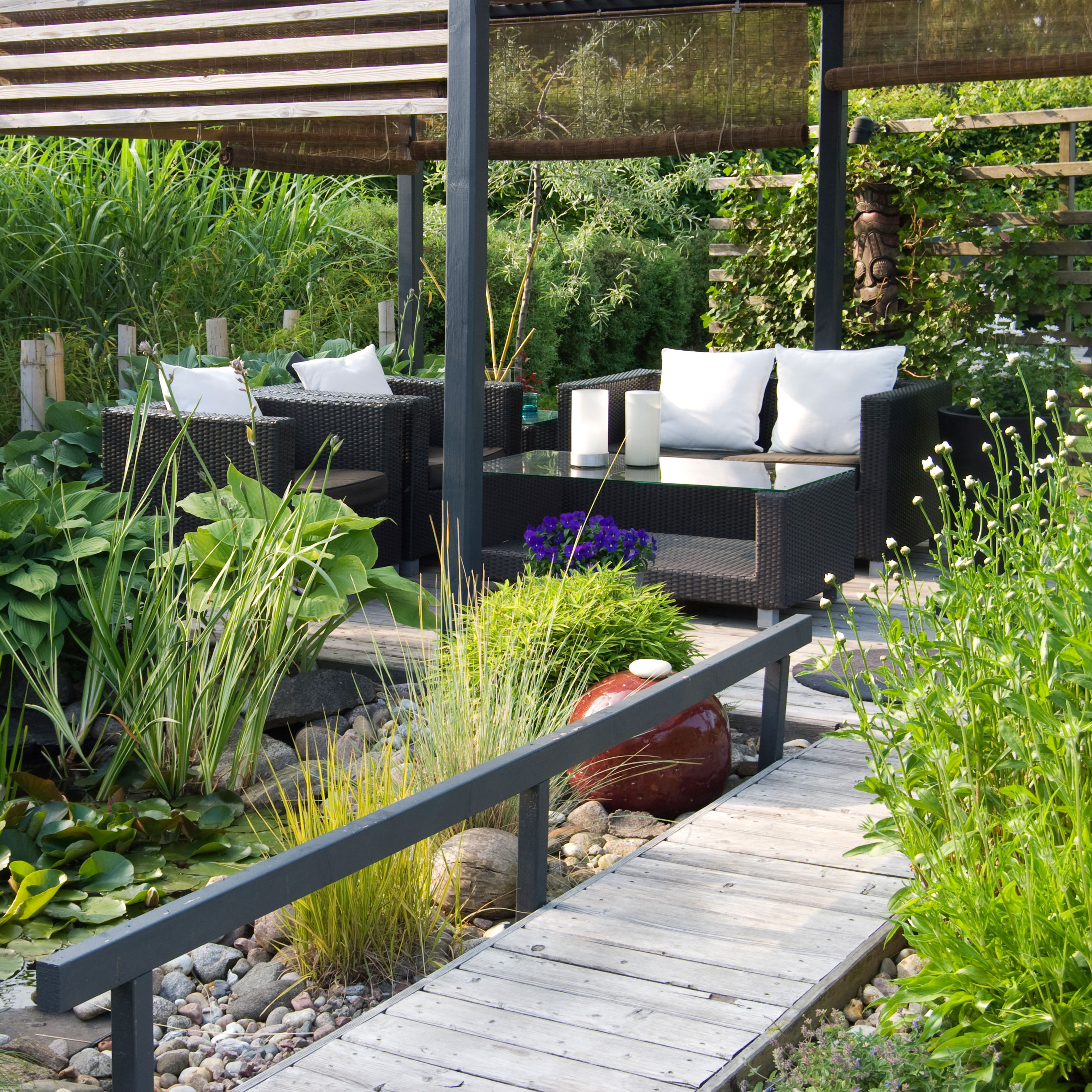 9 Contemporary Small Garden Ideas – Maximize Style With A Modern Design
9 Contemporary Small Garden Ideas – Maximize Style With A Modern DesignSome simple conceptual ideas can transform even the tiniest plot from humdrum to dream design. Try these 9 contemporary small garden ideas to modernize your plot
By Amy Grant